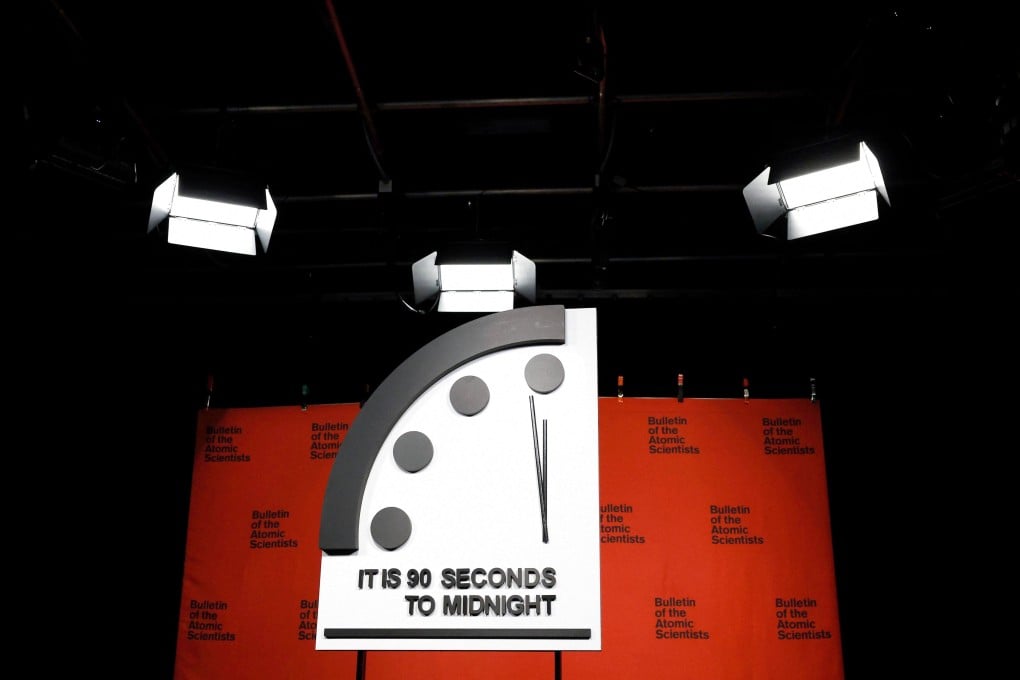Advertisement
Opinion | In an insecure world, more countries are reaching for nuclear weapons
- From Seoul to Warsaw, Belarus and beyond, more nations are looking to acquire or host nuclear arms from the US, Russia and possibly Iran down the road
- The post-Cold War non-proliferation movement is reversing – and our world is in peril
Reading Time:3 minutes
Why you can trust SCMP
4

China’s new foreign minister, Qin Gang, recently warned that his country and the United States were on a course towards “conflict and confrontation”. The warning, from one nuclear power to another, comes as a new danger spreads around the globe.
From the Indo-Pacific to Europe, the possibility that nuclear weapons will be used preemptively is growing. But something else is also taking place. A handful of countries, each with their geopolitical dilemmas, are opening up to the idea of hosting nuclear weapons. Suddenly, geopolitical flashpoints risk becoming nuclear flashpoints.
With North Korea issuing more threats, South Korea now wants nuclear weapons. One possibility is that Seoul makes a deal with the US to maintain its nuclear arms, though the power to use them would remain with Washington. That Seoul would want this is a sign the conflict on the Korean peninsula has entered a new phase.
Any such deal would suggest an acceptance by Seoul and Washington that peace and reconciliation with Pyongyang are next to impossible – and that a new kind of “war footing” is being explored.
But what happens if Australia or the Philippines also wants similar treatment? Suddenly, Asia could have more nuclear-capable countries than just China, India and North Korea.
And, if the US refuses to give nuclear weapons to some allies in the Indo-Pacific, it could upend the geopolitical alignment of these countries.
Advertisement
